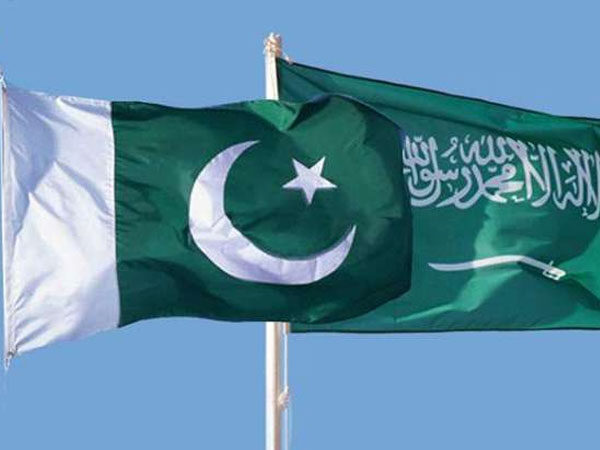Pakistan is expanding its economic footprint in Saudi Arabia, with more than 100 Pakistani information technology (IT) companies now formally registered to operate in the Kingdom, according to documents obtained by Wealth Pakistan.
The development reflects Pakistan’s growing integration with Saudi Arabia’s Vision 2030, which prioritizes digital transformation, innovation, and value-added partnerships across sectors.
A growing number of Pakistani tech firms have joined Saudi business networks to deliver advanced technological solutions in fintech, e-commerce, and software development. To support long-term collaboration, a professional network of Saudi IT specialists and Pakistani technology providers is also being established to coordinate future joint ventures and projects.
Meanwhile, the Trade and Investment Section of Pakistan’s Consulate General in Jeddah has broadened its focus beyond IT, targeting opportunities in the minerals, marble, and construction materials sectors. The section has hosted several webinars and B2B meetings showcasing Pakistan’s potential in Himalayan salt, decorative stones, and other building materials.
Earlier this year, the Health Engineering and Minerals Show (HEMS) in Lahore drew 12 Saudi buyers, underscoring growing Saudi interest in Pakistan’s mining and construction industries. The exhibition served as a platform for connecting Pakistani exporters with potential Saudi investors and partners.
To help exporters align with Saudi market requirements, the trade mission has enhanced market intelligence sharing and technical support. During the three-day “Made in Pakistan” exhibition in Jeddah on February 5, lists of 29 product categories were shared with 137 Pakistani exhibitors, facilitating direct engagement with Saudi importers.
New market reports on sports goods, textiles, and industrial fans have also been circulated among Pakistani businesses to guide their export strategies.
A key advancement came through workshops and technical sessions on compliance with the Saudi Standards, Metrology and Quality Organization (SASO) certification system. These briefings helped exporters understand and meet Saudi Arabia’s national standards — a vital step for securing market access.
Collectively, these initiatives highlight Pakistan’s strategic shift from traditional, commodity-based exports toward technology-driven, certified, and value-added trade. The widening collaboration in IT, minerals, and construction materials marks a more diversified and sustainable engagement with Saudi Arabia’s rapidly evolving economy under Vision 2030.




